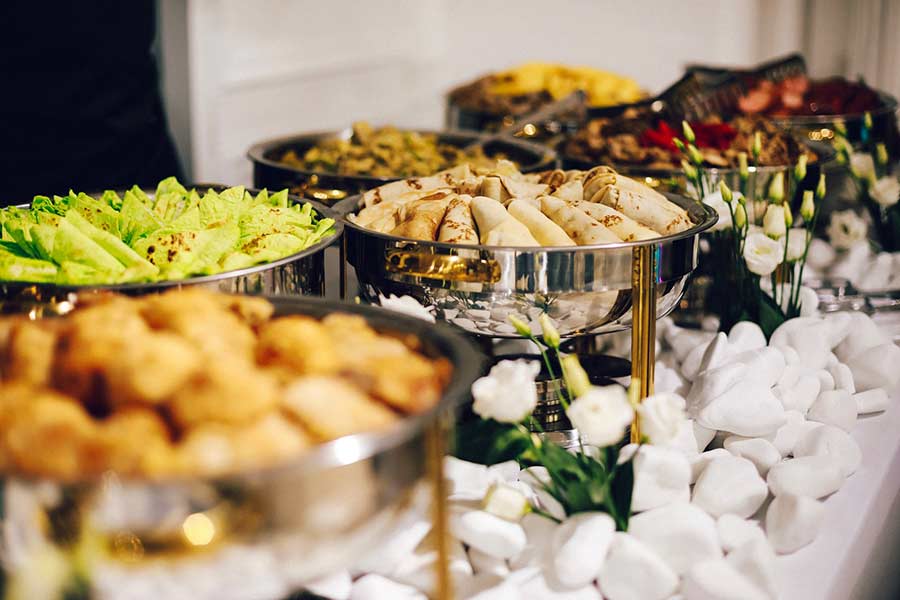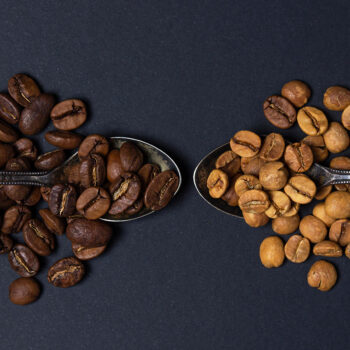Catering can be an exciting and fulfilling business. Food and dining can set the idle mood and ambiance for almost any event, whether it be a wedding, a graduation party, prom night, or a simple refreshment session after a conference meeting. This means that the caterer has the unique power to make any event a great success or a total disaster. Of course, with every great power comes great responsibility, and for the caterer, this means a lot of planning and consideration. Paying attention to detail cannot be done in impetuous manner.
In modern times, society has become widely diverse, and so have people’s diet and food choices. Because of this, contemporary catering is expected to consider providing for an audience with a sundry of food preferences. This can seem like a complicated and daunting task, but it does not have to be once you know what to look for. The first thing you have to do is gather information about the possible food preferences and restrictions that could exist at the event you are catering for. Here are some of the things to consider before you start planning your menu.
Food Allergies
A food allergy is when the body’s immune system reacts unusually to specific foods. Symptoms of a food allergy can vary but may include stomach pain, Itchy skin, breaking out in a rash or hives, difficulty breathing, and diarrhea. Some symptoms may even be life-threatening.
Some of the most common food allergies are:
- Peanuts
- Tree nuts—such as walnuts and pecans.
- Fish
- Shell Fish
- Eggs
- Milk
- Protein
- Soy
- Bee Products—like honey.
- Corn and Wheat
Diets
Another less dangerous food preference is special diets. People go on different diets for different reasons. It could be for health reasons, religious beliefs, or even environmental advocacy. Here are a few to consider in your catering planning.
Vegetarian
This is someone who does not eat meat or fish usually for moral, religious, or health reasons. Vegetarians can also be classified into 4 groups:
- Lacto-ovo-vegetarians eat both dairy products and eggs
- Lacto-vegetarians eat dairy products but avoid eggs.
- Ovo-vegetarian. Eats eggs but not dairy products.
- Vegans do not eat any products which are derived from animals.
Vegan
This is some who does not eat any meat or any meat product such as eggs, dairy, or honey.
Paleo
This diet is based on foods similar to what might have been eaten during the Paleolithic era. It includes eating things like lean meats (ideally from grass-fed sources), fish, fruits, vegetables, and unrefined plant foods.
Of course, the above mention is just some of the food preferences that you may encounter. There is a wide range of diversity, but it is always good to start with the most common ones. Now that you have an idea about the different possibilities, you can start to better cater to your guest in many different ways. One option is to reach out to potential guests to find out what their diet choices are. You can cater specific meals for special diets and mention them when presenting your menu so guests can choose.








